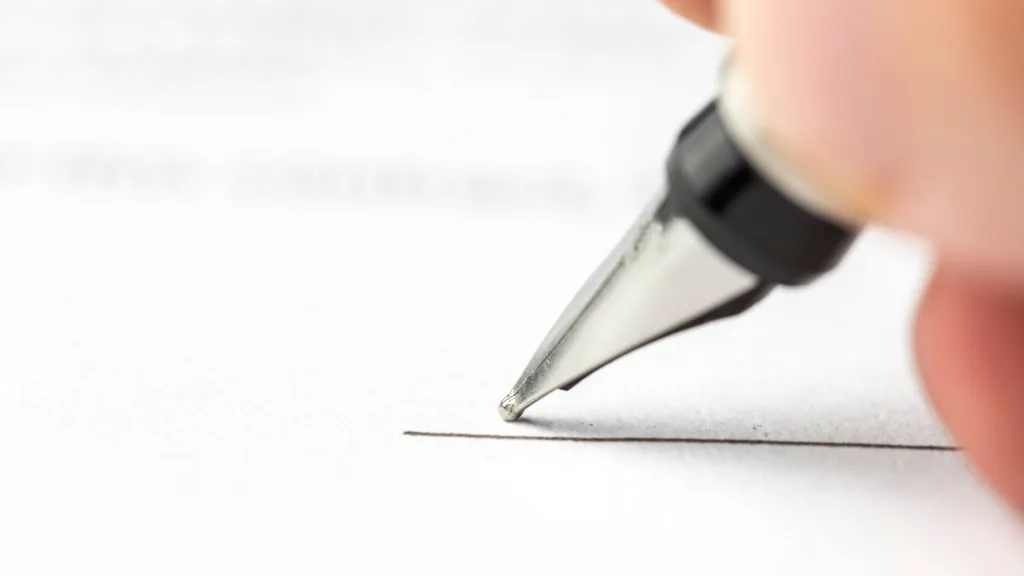

In Greece, the notary plays a more coordinating role during real estate transactions compared to notaries in other countries. These professionals are the link with the Greek authorities and make sure everything is done according to Greek law.
A Greek notary advises the parties involved in the transfer of ownership, helps calculate the objective value of the property, maintains the public property registers, calculates taxes, prepares the deed and provides official copies to all parties. Thus, the job of the notary in Greece is more to coordinate than to be actively executive.
Unlike many Western European countries, a Greek notary has a different role in real estate transactions. Namely, a Greek notary does not receive the purchase price, pay the seller and the real estate agent or arrange tax payments. These responsibilities lie with the buyer himself and his lawyer.
In many European countries, payment for a home is often first transferred to an escrow account held by the notary before the deed is signed. After the purchase deed is signed, the notary transfers the money to the seller.
In Greece, however, this is not the case. Notaries do not hold escrow accounts and are not allowed to receive purchase amounts in their bank accounts. Therefore, they follow a different procedure here to process payments safely and efficiently.
When both the seller and the buyer are Greek, the transfer amount is usually transferred directly from the buyer’s bank account to that of the seller during their appointment at the notary. Alternatively, the buyer writes a guaranteed bank check from a Greek bank, which he hands over to the seller on the day of the signing of the purchase deed. The seller can then cash this check at his own bank.
Since most of our customers do not live in Greece and do not have a bank account at a Greek bank, which means that the transferred money will not be immediately visible in the seller’s bank account, we use another payment method to ensure a smooth transfer. The purchase deed contains special conditions that give the buyer a few days to pay the purchase amount to the seller. Once payment is received, a deed of discharge is signed at the notary as proof of payment to complete the transfer.
If the buyer does not pay, the deed of discharge is not signed and the seller has the right to undo the sale and take back ownership of the property.